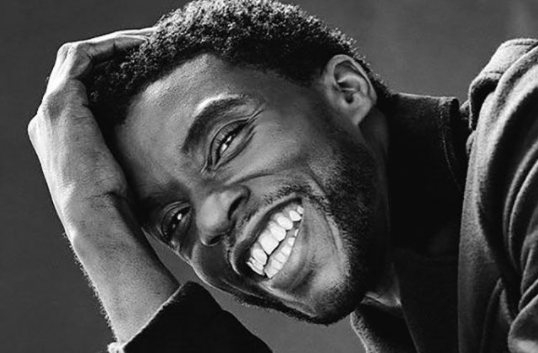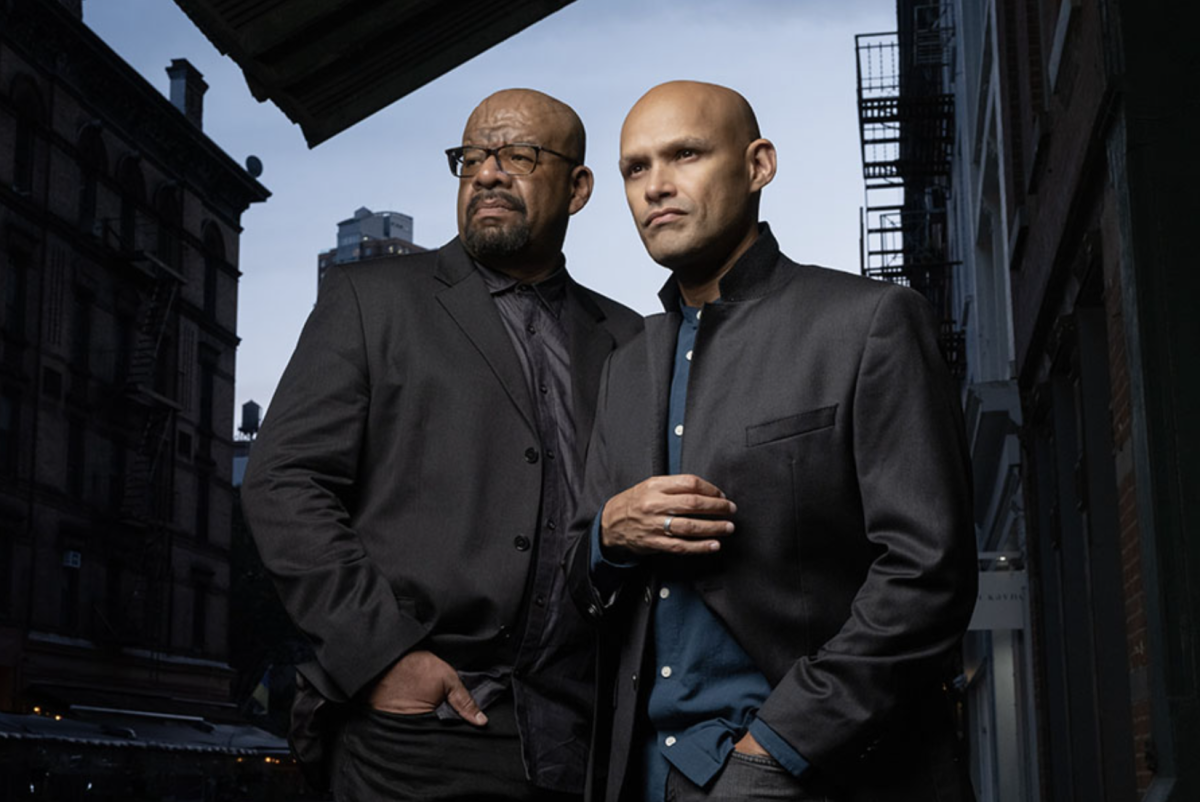On Aug. 28, 2020 Chadwick Boseman, the star of the world-renowned film “Black Panther” (2018), passed away after a four year-long battle with colon cancer. The actor, who was 43 years old, had decided to keep his 2016 diagnosis private, only telling a handful of people outside of his family. The news came as a shock to his friends and co-stars at Marvel Studios, all of whom knew nothing of his struggles. His “Black Panther” co-star Letitia Wright recently discussed being unaware of what Boseman was going through and said she wished she had gotten the chance to say goodbye. Even Kevin Feige, the president of Marvel Studios, received an urgent email on the day of Boseman’s passing stating that the actor’s condition had taken a turn for the worse, but by the time he had opened the email, it was too late.
To say that the news was sudden would be an understatement. Friends and fans alike shared in the shock of losing one of the most prolific Black actors in modern Hollywood: the man who helped bring the Black Panther, and numerous other Black icons, to life. His role as King T’Challa inspired a generation of Black children, who for the first time saw heroes that looked like them on the screen.
Unlike much of Hollywood, Chadwick Boseman had a special connection with his fans in that he was not just a celebrity, but an uplifting story of Black success. The success of “Black Panther” rested on his ability to bring the complex character to life, which galvanized Hollywood to think critically about what stories of Black excellence should look like. The film spread throughout the world and changed how audiences saw Black characters on screen. Rather than being yet another big-budget movie where Black actors are stuck performing as the comic relief, or relegated to the role of the sidekick, the entire film was unapologetically a celebration of African culture, a fact that was laced through every aspect of its creation from the cast, to the costumes, to the music.
In a moment of renewed dedication to the Black Lives Matter Movement, Boseman’s passing feels to many in the Black community like a kick in the gut. His character changed what it meant to be a “hero,” by altering his outlook on society and his own actions after the death of Killmonger, the villain of “Black Panther.” Unlike other films where the hero is shown to be strong only by sticking to their ideas, King T’Challa showed grace and power in the ability to change his mind. T’Challa’s final speech in the film rings true in response to the current situation in our country. He states that “Now, more than ever, the illusions of division threaten our very existence. We all know the truth: more connects us than separates us. But in times of crisis, the wise build bridges, while the foolish build barriers.”
Boseman not only showed grace on-screen, but carried it into his personal life. He took the role of “Black Panther” and felt especially responsible to do the character justice for younger generations, who were able to grow up with characters like T’Challa, his sister Shuri and the misunderstood villain Killmonger. Ryan Coogler, the director of “Black Panther,” disclosed that Boseman most likely kept his diagnosis a secret to those around him in order to “[shield] his collaborators from his suffering.” Boseman took it as his personal goal to finish the role and return for the sequel film because that was the type of person he was. The inspiration that the role would provide was more important to him than having people “make a fuss” about his diagnosis. It was this immense selflessness that will go on to define his legacy as an actor and as an off-screen hero.





